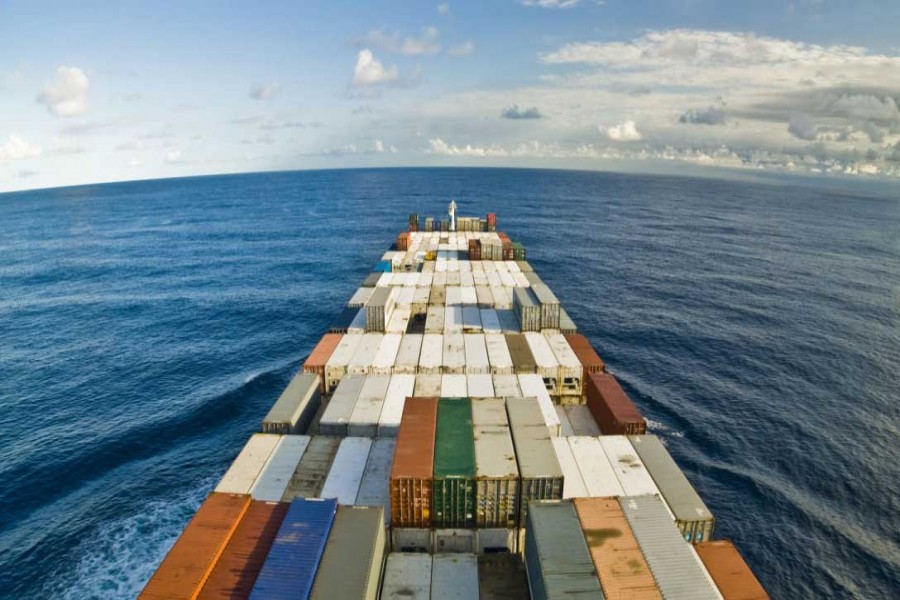As Bangladesh looks forward to graduating out of the least developed country (LDC) status in 2024, it's increasingly emphasising on bilateral preferential trade agreement (PTA) and free trade agreement (FTA) to boost its export earnings in the next three to six years, reports UNB.
While an FTA stipulates free trade between countries, a PTA is much less broad covering preferential tariffs for a set of products or services.
Bangladesh, which got the status of lower middle-income country status in 2015, currently benefits from preferential tariffs for its export of goods to some countries, but it might lose access to such lower trade terms once it graduates out of the least developed country list by 2024, as per the World Trade Organisation (WTO) norms.
According to sources in the Commerce Ministry, even after getting a middle-income country status in 2024, Bangladesh would get three more years as "grace period" to avail all trade facilities enjoyed by an LDC nation. So, by 2027, Dhaka is aiming to boost its coffers through export earnings riding on LDC status.
Bangladesh has already started taking initiatives in this regard. According to the Commerce Ministry, the government is reviewing its various trade agreements with 44 countries to find out the possibilities of signing PTAs with them.
So far, Dhaka has approached 11 countries for inking FTAs with them. The responses from these countries have been positive, the sources said. Besides, significant progress has been done to sign PTA with Bhutan, Nepal and Indonesia, according to the sources.
If everything as per plan, Bangladesh will sign its first PTA with Bhutan on December 6 to celebrate the 50th anniversary of diplomatic relations between the two countries. On this day in 1971, Bhutan recognised Bangladesh's independence.
Bangladesh Prime Minister Sheikh Hasina and her Bhutanese counterpart Lotay Tshering would witness the signing ceremony virtually, the sources said.
Moreover, the PTA signing with Nepal has been advanced significantly, along with Indonesia's. The Commerce Ministry sources said that signing of FTAs or PTAs will be done with these countries.
Some 100 Bangladeshi products will get duty free access in Bhutan once a trade pact is inked. These include garments, jute products, leather goods, dry cell batteries, fans, watches, potatoes, condensed milk, cement, toothbrush, plywood, particleboard, mineral and carbonated water, green tea, orange juice, pineapple juice, and guava juice.
On the other hand, some 34 Bhutanese products will get duty-free access to the Bangladeshi market. These include orange, apple, ginger, fruit juice, milk, natural honey, wheat or meslin flour, homogenised jam, fruit jellies, marmalades, soybeans, mineral water, wheat bran, cement clinker, limestone, wooden particle boards and wooden furniture.
Both the countries will also be able to increase the number of items gradually through consultation. The trade between the two neighbouring countries now stands at around USD 6 crore, which was USD 2.5 crore in 2012-13 fiscal.


